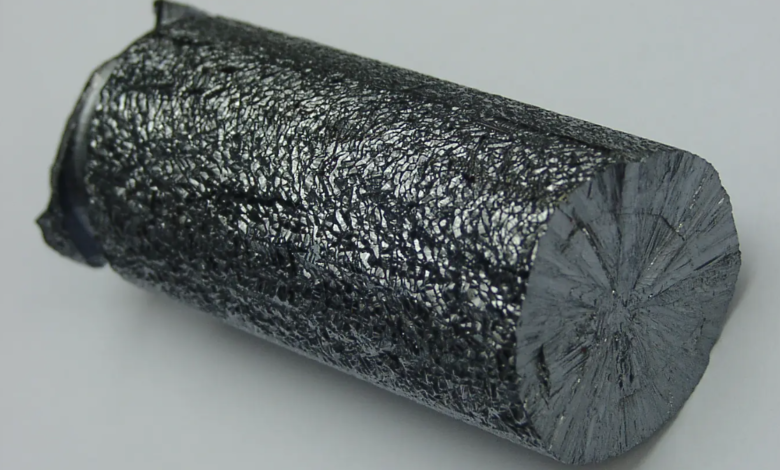
The global market of polycrystalline silicon continues to grow but demand is not holding up. And the oversupply that is “accumulating” will have two direct consequences for the sector: it will lower silicon prices again; and it will cut out all the new industrial realities adding up in the last period. This is reported by the analysis company Bernreuter Research in the report Polysilicon Market Outlook 2027 published this morning.
The document began in early 2021 when the lack of semiconductors, mainly linked to the pandemic and the resulting lockdown, increased the spot price. The situation did not improve in 2022. In June of last year, the price even reached 40.39 dollars per kg, the highest value recorded since 2011. The reason? Reduced supplies for blockades in China and an upward demand for economic recovery, to were added the effects of the crisis.
Prices of polycrystalline silicon below 6.7 dollars per kg
The increase in prices attracted several new Chinese companies to the market, and pushed the more established ones to expand production. But at peak followed a rapid decline while in the domestic market of China, there was fierce competition. Polysilicon producer Tongwei alone plans to put into operation 575,000 tons of new production capacity next year, well beyond the expected demand for 2024. And if all planned new plants were to go into operation, explains Bernreuter Research, the market would experience an oversupply of 1.4 million tons. “With its low production costs and proven product quality, Tongwei will push most, if not all, new competitors out of the market,” says Johannes Bernreuter, head of the analytics company. For 2024, Bernreuter predicts that polycrystalline silicon prices will be below the historic low of $6.75/kg reached in June 2020.
While China’s share in global polysilicon production will increase further by 90% by the end of 2023, non-Chinese manufacturers such as Wacker, OCI, Hemlock Semiconductor and REC Silicon will not be affected by the market cleanup. The reason for this is the US Uyghur Forced Labour Prevention Act, which bans products from the Xinjiang region of northwest China. The legislation has created a separate market that benefits non-Chinese polycrystalline silicon producers who do not use Xinjiang silicon as a raw material.





